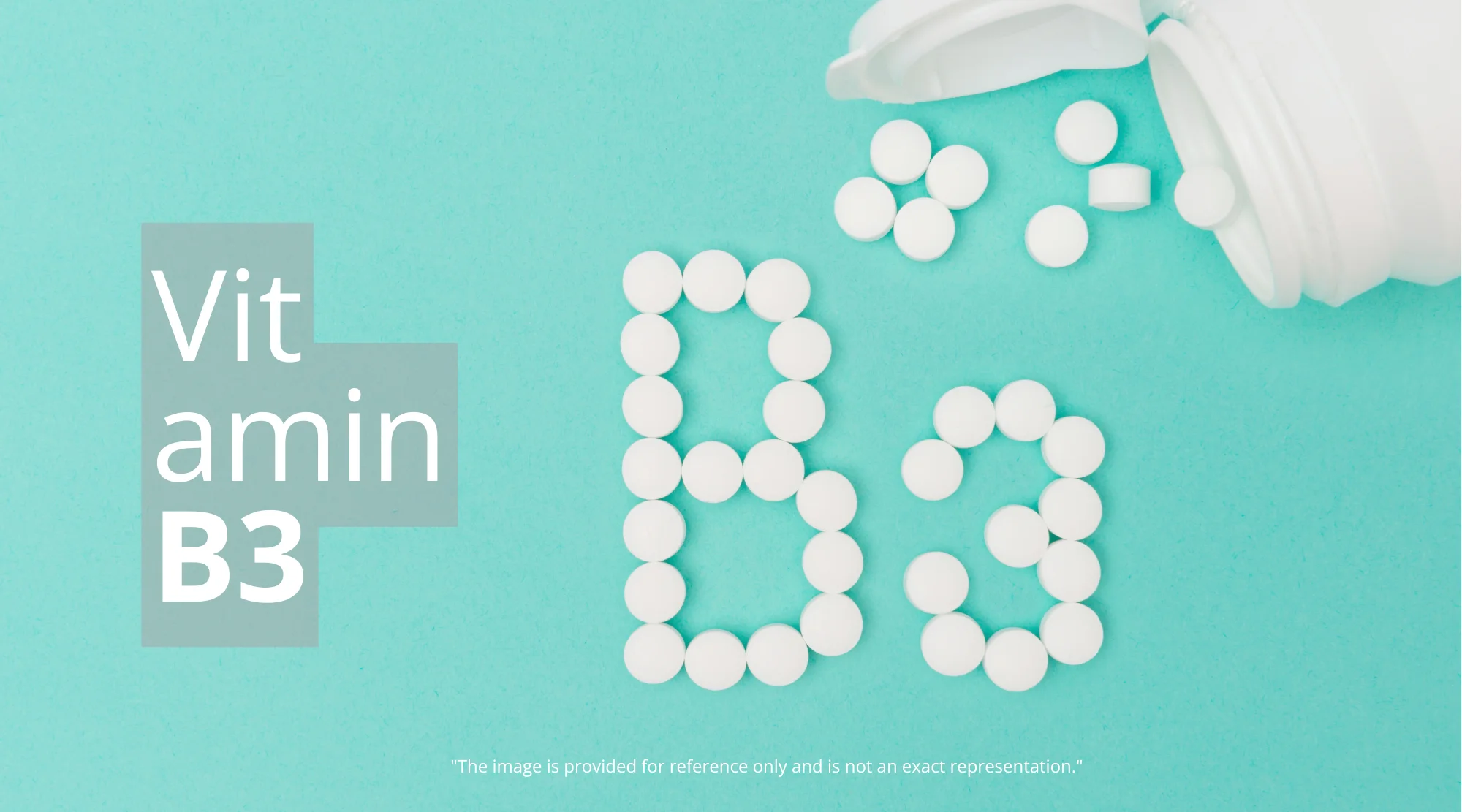Unveiling the Protective Power of Vitamin B3 Against Skin Cancer
Early research suggests that Vitamin B3, specifically in the form of nicotinamide, may offer a protective shield against non-melanoma skin cancers. This burgeoning area of study is crucial, as skin cancer remains one of the most prevalent cancers globally. This article will delve into the latest findings, explore who might benefit most, and discuss the practical implications of incorporating Vitamin B3 into your skincare routine.

Vitamin B3: More Than Just a Skin Nutrient
Vitamin B3, also known as niacin, is a vital nutrient essential for various bodily functions, including converting food into energy. In its nicotinamide form, this vitamin has been shown to provide potential benefits beyond general health, particularly concerning skin health. This includes protecting skin cells from damage caused by UV radiation, a primary cause of skin cancer. It’s readily available as an over-the-counter supplement, making it accessible for those seeking preventative measures.
The Science Behind Nicotinamide and Skin Cancer Prevention
Recent studies, including research published in JAMA Dermatology, have highlighted a significant link between nicotinamide supplementation and a reduced risk of non-melanoma skin cancers. One of the most striking findings revealed a 54% reduced risk of developing another skin cancer in individuals who took 500 mg of nicotinamide twice daily, for at least a month, after their initial diagnosis. The study focused on veterans, a population with a higher risk due to their exposure to the sun. The results suggest that nicotinamide could be a valuable tool in secondary prevention, helping prevent the recurrence of skin cancers.
Who Benefits Most from Vitamin B3?
While ongoing research explores Vitamin B3’s preventive effects across all demographics, the evidence strongly supports its use for individuals with a history of non-melanoma skin cancers. Early intervention appears to be key, as the study indicated a more robust protective effect when supplementation started early after diagnosis. However, more research is needed to determine its efficacy in those without a history of skin cancer. This proactive approach aligns with the broader principles of preventative medicine, emphasizing that prevention is always better than cure.
Nicotinamide vs. Niacin: Understanding the Difference
It’s crucial to differentiate between the various forms of Vitamin B3. Nicotinamide (niacinamide) is the form recommended for skin health, and it does not cause the flushing effect that can occur with niacin (nicotinic acid), another form of B3. Consult with your dermatologist or healthcare provider to confirm the correct dosage and form of Vitamin B3.
Integrating Vitamin B3 into Your Skin Care Routine
Beyond supplementation, Vitamin B3 is also a common ingredient in topical skincare products. These products aim to improve skin tone, texture, and potentially offer some level of UV protection. However, the research on the skin cancer-preventive effects of topical Vitamin B3 is still evolving. While topical applications may offer aesthetic benefits, oral supplementation appears to have more significant cancer-preventive effects. Consider exploring articles such as “Unlock Your Youth: Top Foods for Naturally Radiant Skin & Energy” on our blog for strategies to incorporate these valuable nutrients into your skincare regimen.
Beyond Vitamin B3: A Holistic Approach to Skin Health
Vitamin B3 is a valuable asset in skin cancer prevention, but it is not a standalone solution. Prioritizing a comprehensive skin health strategy is essential. This includes consistent sunscreen application, limiting sun exposure, and undergoing regular skin cancer screenings. “Boost Your Health This Week: Simple, Proven Wellness Tips for a Better You” offers valuable insights into establishing a robust wellness regimen.
The Future of Vitamin B3 and Skin Cancer Prevention
The growing body of research on Vitamin B3 and skin cancer prevention holds considerable promise. As more studies emerge, we can anticipate more precise guidelines on its use, dosage, and target populations. This proactive approach to skincare is consistent with the principles of preventative medicine, emphasizing that prevention is always better than cure. Future research may also delve into the potential of combining Vitamin B3 with other preventive measures to enhance effectiveness. Explore our article, “AI in Healthcare: The Indispensable Ally of the Medical Future” to learn about innovative research to improve our health and well-being.
Conclusion: Embracing Proactive Skin Health
The accumulating evidence suggests that nicotinamide is a valuable tool in the fight against skin cancer, especially for those with a history of the disease. By understanding the science, selecting the right form of Vitamin B3, and complementing it with other preventative strategies, you can take proactive steps toward safeguarding your skin health. Consulting with your dermatologist and staying informed about the latest research are crucial steps in embracing a proactive and preventive approach to skin cancer. Remember that health is a journey, and embracing proactive measures can empower you to live a longer, healthier, and happier life. You can also consider reading “Transform Your Health: How Diet Choices Shape Your Longevity & Well-being” to learn more about a holistic approach to health.











Post Comment